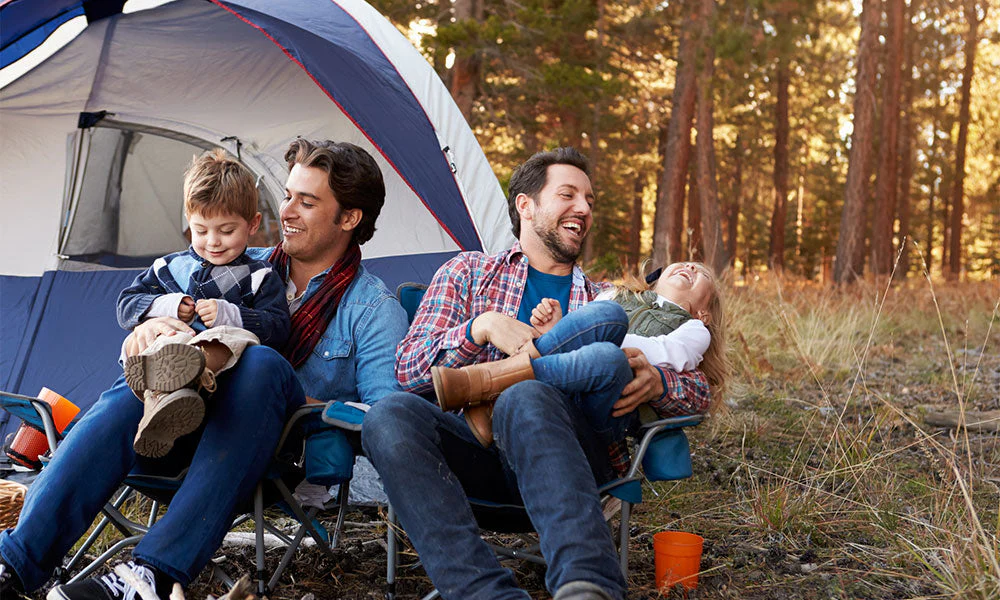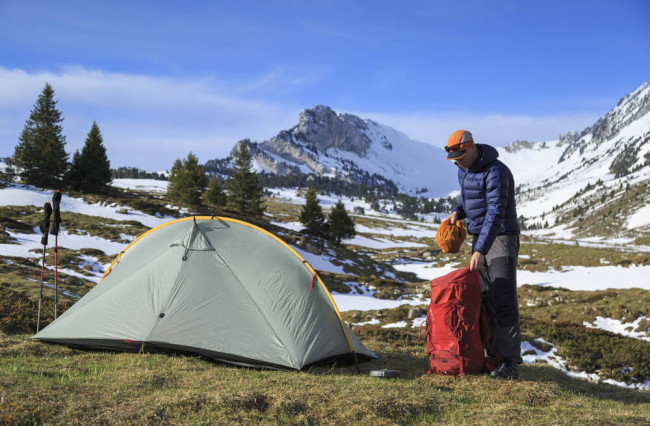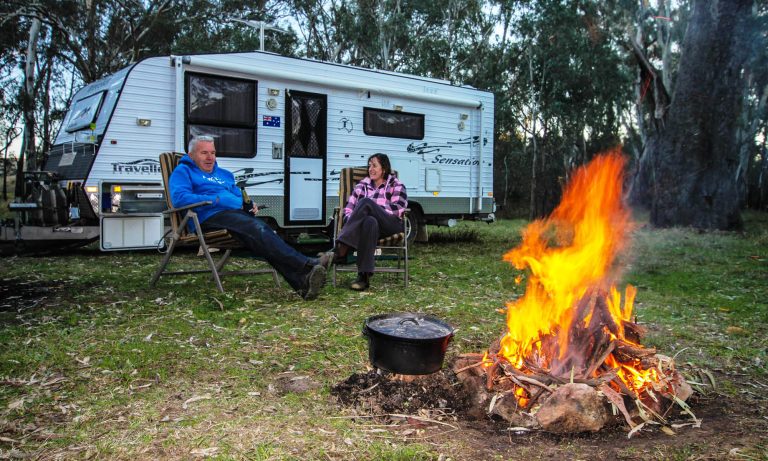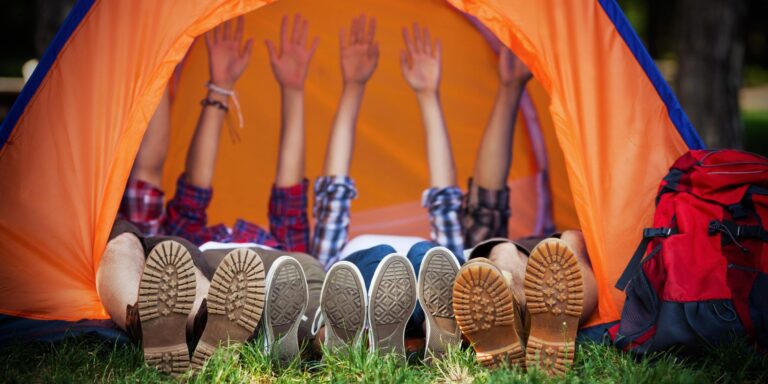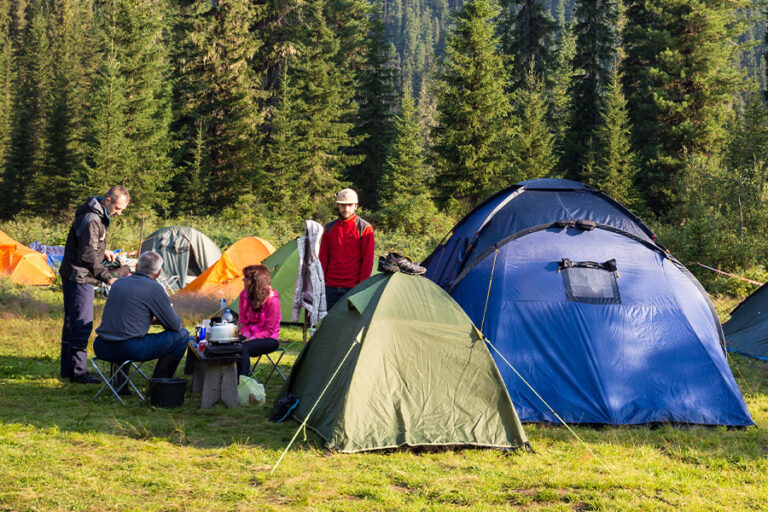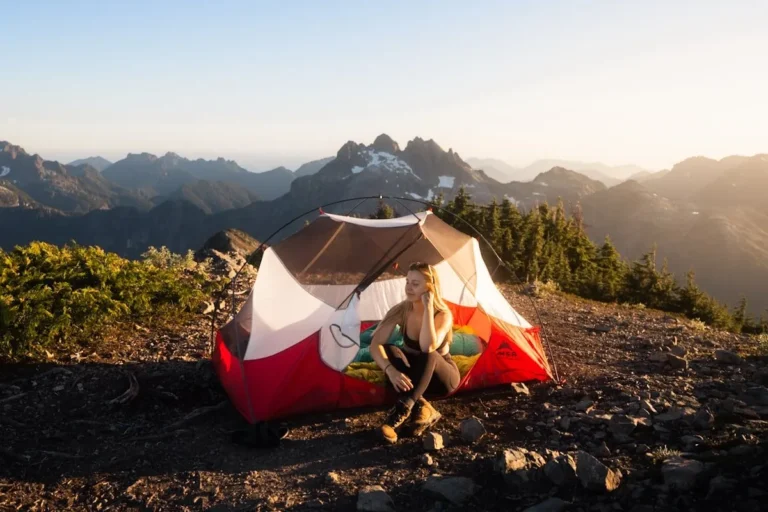Four Important Facts Regarding Camping with Children
One of the most fulfilling outdoor experiences a family can have is camping with kids. It gives children a much-needed respite from technology while fostering lifelong memories, teaching vital life skills, and fortifying family ties. However, parents frequently fail to recognize the special difficulties that come with bringing young children outside. Before taking their kids camping, parents should be aware of a few important facts to ensure a fun and safe trip.
1. Preparation is the Foundation of a Smooth Camping Trip
Children thrive on structure and familiarity, so camping—being full of new sights, sounds, and routines—can feel overwhelming for them. Careful preparation reduces stress for both kids and parents.
- Involve kids early: Let them help pack their clothes, pick snacks, or even choose a toy or blanket to bring. This makes them feel included and reassures them in an unfamiliar environment.
- Practice runs help: If your children have never camped before, try a backyard campout or a sleepover in the living room using sleeping bags. This helps them get comfortable with tents, flashlights, and nighttime sounds.
- Pack wisely: Bring extra clothes, layers, and child-friendly gear. Think waterproof shoes, insect repellent suitable for kids, and first-aid supplies tailored to their age.
Preparation sets the tone for the entire trip. A well-packed bag and a child who feels involved will adapt faster and have more fun outdoors.
2. Safety Comes Before Adventure
The outdoors is exciting, but it can also be unpredictable. Children, with their natural curiosity, may explore beyond safe limits if boundaries aren’t clearly set.
- Set rules early: Establish clear guidelines about campfires, wandering away from the campsite, and staying within sight of adults. Repeat them consistently.
- Teach basics: Show kids what poison ivy looks like, how to recognize landmarks, and how to use a whistle if they get lost.
- Supervise closely: Even near water or campfires, a split second can make a difference. Parents should always be vigilant, especially in unfamiliar environments.
When kids understand safety rules, they not only stay protected but also gain confidence in exploring nature responsibly.
3. Flexibility is Key for Fun
While adults may dream of long hikes or quiet moments under the stars, children experience camping differently. They may tire quickly, get cranky, or be fascinated by something as simple as throwing rocks into a stream.
- Plan around kids’ energy levels: Schedule short hikes, playtime, and breaks to keep children engaged without exhausting them.
- Expect changes: Weather shifts, nap schedules, or sudden meltdowns are part of the experience. A flexible mindset keeps stress low.
- Celebrate little wins: Whether your child roasted their first marshmallow or spotted a bird in the trees, treat these moments as the highlight of the trip.
Flexibility ensures the trip doesn’t feel like a forced itinerary but rather a family adventure where everyone contributes to the fun.
4. Camping Teaches Lifelong Lessons
Camping with children isn’t just about fun—it’s about teaching skills and values they’ll carry into adulthood.
- Responsibility: Assign small tasks like gathering sticks, helping with setup, or keeping track of their own water bottle.
- Connection with nature: Kids learn to appreciate the outdoors by seeing wildlife, stargazing, or simply listening to the sounds of the forest.
- Resilience: Sleeping in a tent, dealing with bugs, or adjusting to changes teaches patience and adaptability.
These lessons, absorbed naturally during a camping trip, help children grow into more responsible and appreciative individuals.
Final Thoughts
Camping with children is not always easy, but it is incredibly rewarding. By preparing carefully, prioritizing safety, staying flexible, and embracing the valuable lessons nature provides, families can transform a simple trip into an unforgettable experience. Every campfire story, marshmallow roast, and hike becomes part of a child’s treasure chest of memories—memories they will carry for the rest of their lives.

